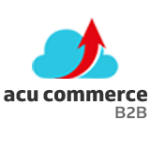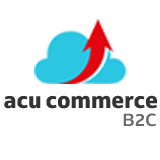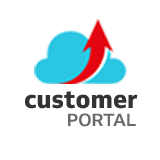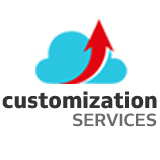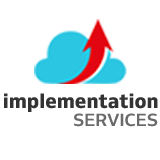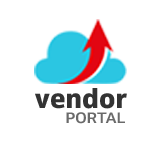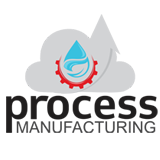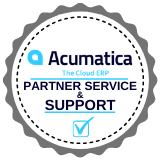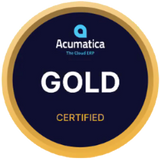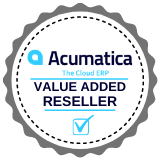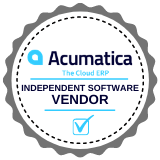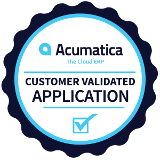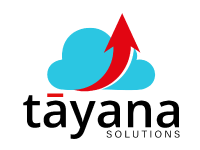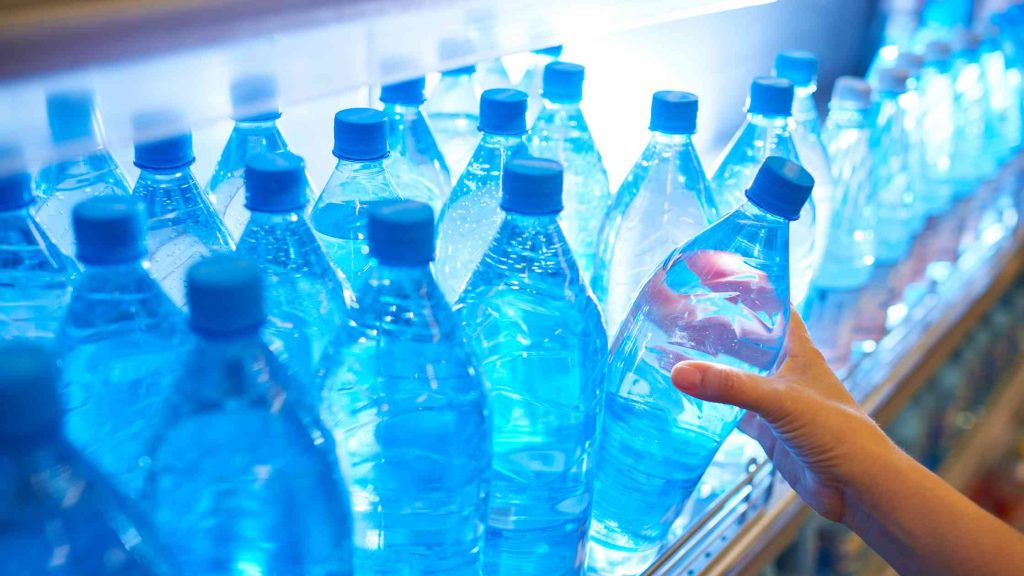Water is a sensitive product concerning both microbiological and chemical contamination. Bottled water manufacturers must maintain strict production control to avoid contamination by pathogenic bacteria or protozoa, which could taint the quality of the product, reduce its shelf life, and be health issues to consumers.
Acumatica Cloud ERP provides the tools, technologies, and solutions to protect your business from errors and ensure it operates smoothly from start to finish. Managing production for a bottled water business involves several key steps and considerations. Here’s a step-by-step guide to help you manage production efficiently:
Perform market research:
Conduct a thorough market analysis to understand your target market’s demand for bottled water. Identify your target audience, competitors, and market trends to inform your production planning.
Define your production capacity:
Determine your desired capacity based on market demand, sales projections, and available resources. Evaluate elements such as the size of your facility, equipment capabilities, and workforce capacity.
Source equipment and materials:
Acquire the necessary equipment and materials for your production process. It may include water purification systems, bottling machines, packaging materials (bottles, caps, and labels), and storage tanks. Ensure that the equipment meets industry measures and limitations.
Establish quality control measures:
Develop stringent procedures to ensure your bottled water meets regulatory requirements and customer expectations. Regularly test source water, product samples, and packaging materials to maintain consistent quality.
Develop a production schedule:
Create a program outlining the workflow from sourcing raw materials to packaging and distribution. Consider factors such as lead times, production time, and storage capacity. Efficiently manage production by optimizing workflows and minimizing downtime.
Hire and train staff:
Assemble a skilled workforce capable of handling various production tasks. Train your staff on operating equipment, following safety protocols, maintaining hygiene standards, and adhering to quality control procedures. Cross-train employees to ensure flexibility and operational continuity.
Implement standard operating procedures (SOPs):
Develop clear and detailed SOPs for each stage of the production process. SOPs should cover water purification, bottling, labeling, packaging, and equipment maintenance. Regularly update and communicate SOPs to all employees.
Monitor inventory and logistics:
Establish a system to monitor inventory levels of raw materials, packaging materials, and finished goods. Implement a just-in-time inventory management approach to optimize storage space and reduce waste. Coordinate logistics and distribution to ensure timely delivery to retailers or customers.
Embrace sustainability:
Consider implementing sustainable practices in your production operations. Explore options for eco-friendly packaging materials, water conservation measures, and energy-efficient equipment. Promote recycling and responsible disposal of waste materials.
Continuous improvement:
Regularly evaluate your production processes and performance to identify areas for improvement. Collect customer feedback, analyze production data, and engage with your employees to gather insights and implement changes that enhance efficiency and product quality.
Effective maintenance and operation can ensure the sustainability of a business. You should perform routine maintenance activities on your plant, such as checking daily that the machines are functioning correctly. We recommend that you have quarterly checks to maintain the longevity of different devices.
Complying with local regulations, maintaining food safety standards, and obtaining necessary certifications (such as FDA approval) are crucial for running a bottled water business. Consult with experts in the industry and stay updated on relevant regulations and guidelines.

Vijay comes with a vast experience in ERP and enterprise solutions space with about 20 years of experience in various packaged application like Acumatica, SAP, Orion, Salesforce.com, SugarCRM and, SalesLogix.

